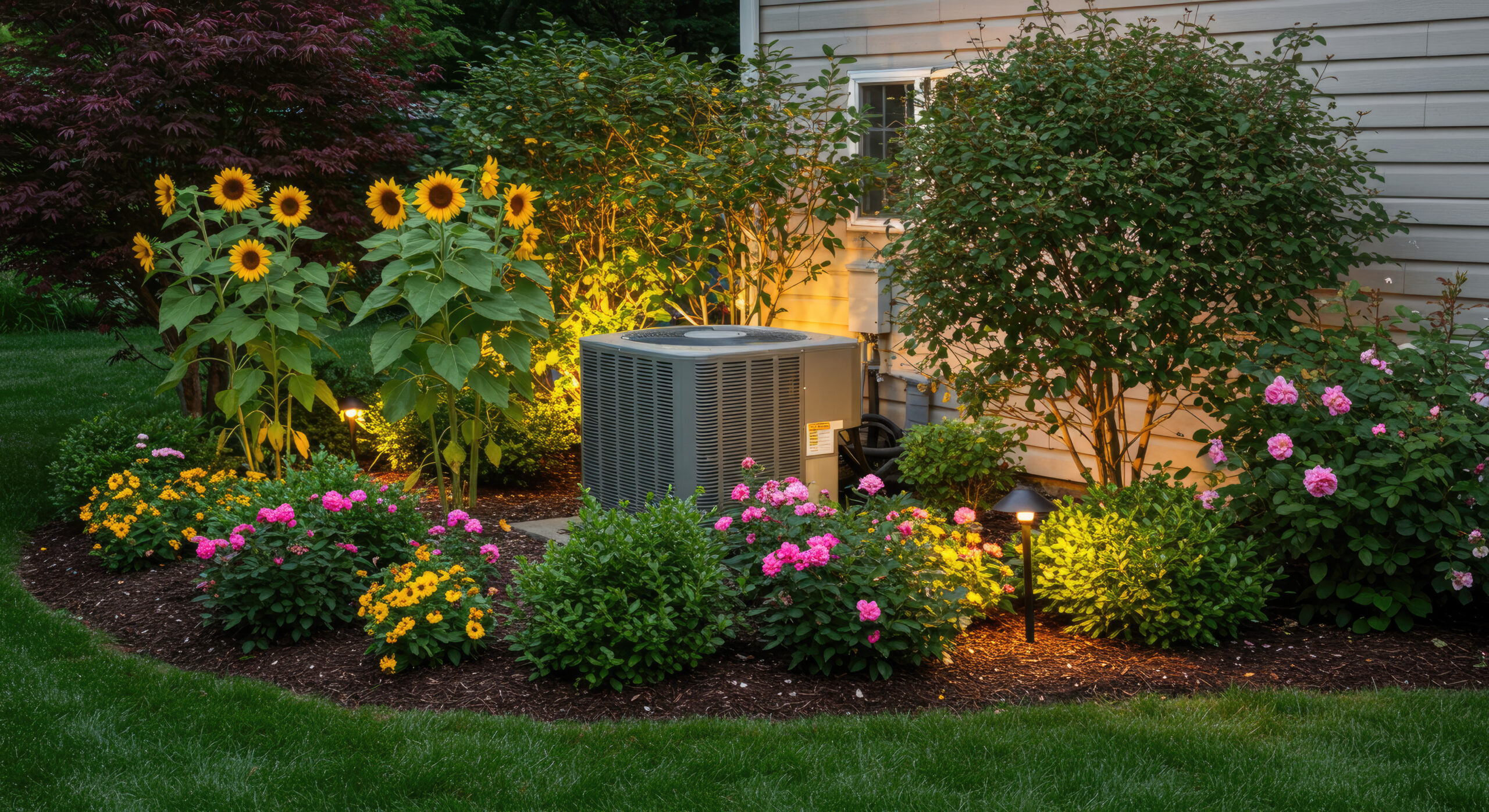In today’s real estate and home improvement markets, energy efficiency is no longer just a nice-to-have feature—it’s becoming a standard expectation for homeowners and investors alike. As someone who has spent years working in HVAC and real estate, I’ve seen firsthand how energy-efficient systems can dramatically impact not only a property’s performance but also its overall value. In this post, I want to share some insights on why green HVAC solutions matter and how they can be a game-changer for property owners.
Why Energy Efficiency Matters
Energy costs are one of the largest ongoing expenses for homeowners. High utility bills can be a major deterrent for buyers or tenants, while lower energy consumption can make a property more attractive in the market. Energy-efficient HVAC systems—ranging from high SEER-rated air conditioners to advanced heat pumps—help reduce electricity usage and cut monthly expenses. Beyond cost savings, energy efficiency also contributes to environmental sustainability, which is an increasingly important consideration for many buyers today.
When a property is equipped with energy-efficient HVAC, it signals that the owner has invested in the long-term performance and sustainability of the home. This can be particularly appealing to eco-conscious buyers or tenants who are looking for ways to minimize their carbon footprint without sacrificing comfort.
How Green HVAC Systems Enhance Property Value
One of the biggest questions I hear from real estate investors is: “Will upgrading my HVAC system actually increase the property’s resale value?” The answer is a resounding yes—especially when the upgrade focuses on energy efficiency. Modern, energy-efficient HVAC systems often come with features that older models lack, such as variable-speed compressors, smart thermostats, and enhanced air filtration. These improvements not only make the home more comfortable and easier to manage, but they also demonstrate to potential buyers that the property is well-maintained and forward-thinking.
Studies have shown that homes with energy-efficient systems can sell faster and at higher prices than those with outdated HVAC units. In some markets, buyers are willing to pay a premium of several thousand dollars for a home that promises lower energy bills and reliable, modern heating and cooling. From my perspective, investing in green HVAC is not just about reducing operating costs—it’s a strategic move to make a property more competitive in the marketplace.
Choosing the Right Green HVAC Solution
Not all energy-efficient systems are created equal. It’s essential to evaluate the property’s size, layout, and typical climate conditions before choosing a solution. For instance, a high-efficiency furnace or air conditioner might be ideal for a traditional home, while a heat pump could provide better year-round efficiency in a region with mild winters and hot summers.
Smart HVAC technology also plays a role in energy efficiency. Wi-Fi-enabled thermostats and zoning systems allow homeowners to control temperature settings remotely, schedule heating and cooling cycles, and monitor energy usage in real time. These features add convenience and further reduce energy waste, which enhances the property’s appeal to tech-savvy buyers.
When recommending upgrades to property owners, I often stress the importance of considering both upfront costs and long-term savings. While some green HVAC solutions have higher initial price tags, the energy savings over time—and the boost in resale value—often outweigh the upfront investment.
Maintenance and Longevity
Installing a high-efficiency system is just one part of the equation. Proper maintenance is critical to ensuring that the system performs optimally and continues to save money over its lifetime. Regular filter changes, professional inspections, and timely repairs help maintain efficiency and prevent costly breakdowns. From my experience, buyers and tenants often pay attention to maintenance records, as they reflect how well the property has been cared for. A well-documented HVAC maintenance history can strengthen the property’s perceived value and reduce buyer hesitation.
Marketing the Green Advantage
Once you’ve invested in energy-efficient HVAC, it’s important to highlight it in your marketing efforts. Real estate listings that emphasize lower energy bills, smart controls, and eco-friendly features tend to attract more attention. Even small touches, like providing an energy usage report or demonstrating the smart thermostat’s capabilities during a showing, can help differentiate your property from others on the market.
For investors managing rental properties, energy-efficient systems can also be a selling point to prospective tenants. Lower monthly utility costs are an immediate incentive, and the comfort and air quality improvements associated with modern HVAC systems add another layer of appeal.
Final Thoughts
Energy-efficient HVAC systems are no longer a luxury—they’re a strategic investment for anyone looking to boost property value and attract quality buyers or tenants. From my perspective, integrating green HVAC solutions into your real estate strategy is a win-win: it reduces operating costs, enhances comfort, and positions your property as forward-thinking and sustainable.
As both a real estate professional and HVAC enthusiast, I’ve seen the difference these upgrades make. Whether you’re a homeowner looking to improve comfort and lower bills, or an investor aiming to increase resale value, green HVAC solutions offer tangible benefits that go far beyond just temperature control. By choosing the right system, maintaining it properly, and highlighting its advantages, you can make a property more competitive and future-proof in an increasingly energy-conscious market.
